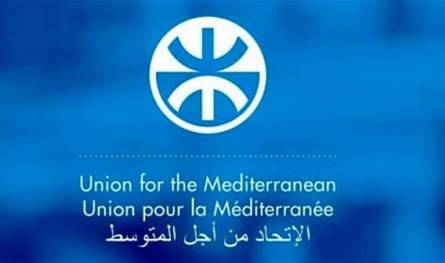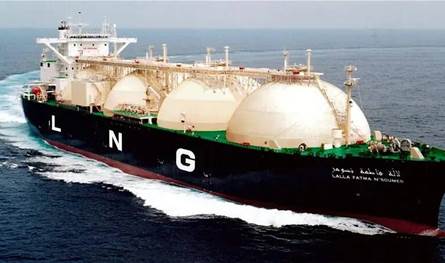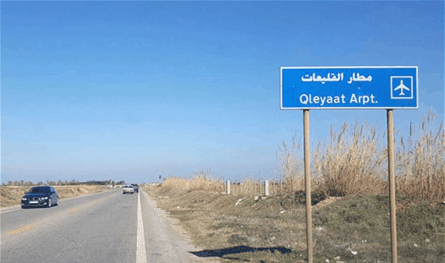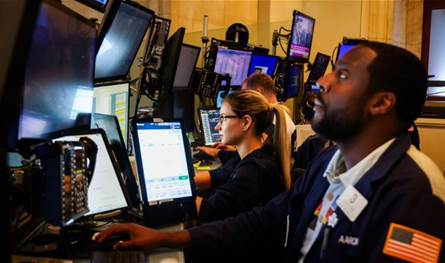Despite promising signs … economic integration in the Mediterranean basin is below the desired level

The “Union for the Mediterranean” in Barcelona launched the second interim report on the reality of economic integration in the Euro -Mediterranean region, in partnership with the Organization for Economic Cooperation and Development and with the support of the German Foundation for International Cooperation, at the Palau Rijal Palace.
The event, which coincided with the thirtieth anniversary of the launch of the Barcelona operation, gathered representatives of the regional integration initiatives and the actors concerned, with the aim of displaying best practices and exchanging applicable visions in the region. The report, based on in -depth data, reviewed five basic axes:
Trade: Although commercial flows between the countries of the Union constituted 30 % of the total global exports in 2022, the Euro -Mediterranean market is still fragmented.
Funding: Foreign Investment has shown relative resilience, but it is still lower than the level of financial transfers in many countries.
Infrastructure: enhancing the linking in transportation, railway and marine corridors is a key factor for supporting trade and sustainability, especially with the high transport emissions by 40 % since 1990.
– Individuals move: Immigration between the Union countries has witnessed an increase of 80 % since 1990, and the number of immigrants today exceeded 34 million, most of them from the European Union.
Higher Education and Scientific Research: The necessity of strengthening academic cooperation and innovation to strengthen the economic and social fabric. But he drew attention to promising opportunities, most notably the green transformation and the growing economic relations with the Gulf states. It also highlighted the great capabilities of renewable energy in the Middle East and North Africa region, which can support the ambitious climatic goals of the European Union in the event of developing infrastructure and integrating regional networks. In the field of immigration, the report called for more effective management of patterns of mobility through skills partnership programs, including He balances the needs of the sent and future countries, and limits the migration of competencies. Nasser Kamel, Secretary -General of the Union for the Mediterranean, said: “Regional and international crises reinstall our economies and highlight the need for more sustainable and comprehensive models. Regional integration must be an engine for development and empowerment of youth and women. “Regional integration is a key to launching economic and social capabilities. Trade update, developing capital markets, and investing in green energy is able to advance growth and prosperity.”
The post Despite promising signs … economic integration in the Mediterranean basin is below the desired level appeared first on 961 tobay Lebanon today.
















